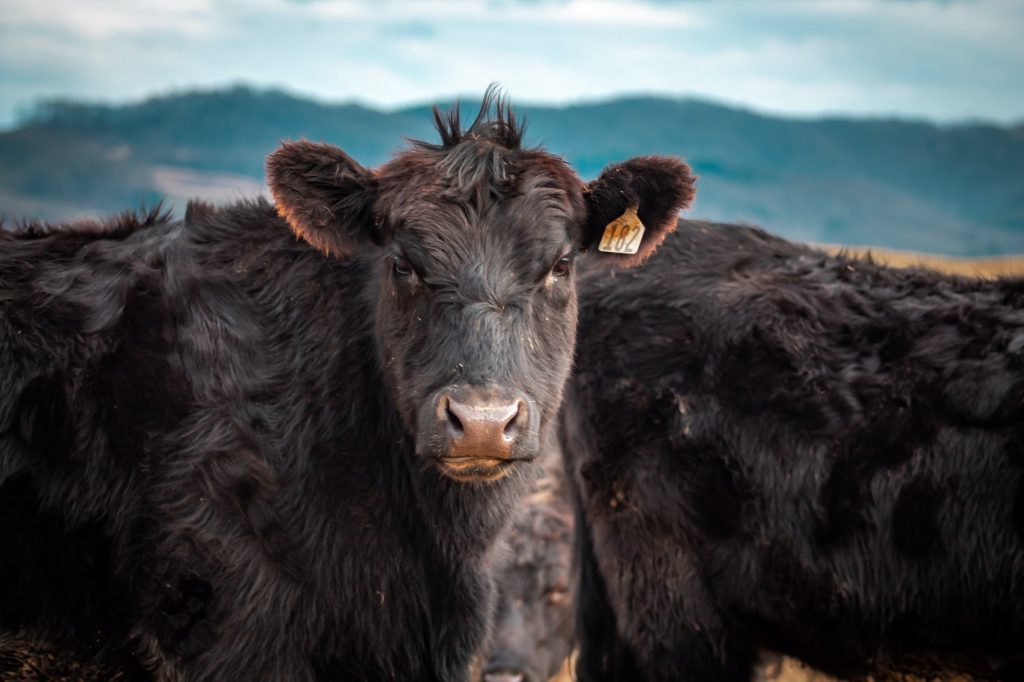2721 4th Ave SE
Minot, ND 58701
(701) 838-1728
Call for Pickup or Delivery
Open Mon - Sat
8am - 5:30pm | Sat 8am - Noon
Minot, ND 58701
Call for Pickup or Delivery
8am - 5:30pm | Sat 8am - Noon
Minot, ND 58701
Call for Pickup or Delivery
8am - 5:30pm | Sat 8am - Noon

As cattle producers, it’s important to understand the nutritional needs of your herd to avoid costly and unexpected consequences such as down cows during calving season. The three most common causes of down cows are milk fever, winter/grass tetany, and pregnancy toxemia, which can be avoided by providing a well-balanced diet that supplies adequate energy and minerals to maintain body condition (Hubbard Feeds, 2019).
Milk fever, also known as acute hypocalcemia, is characterized by low blood calcium levels and typically occurs a few days after calving. Symptoms of milk fever include muscular weakness, increased heart rate, subnormal body temperature, sternal recumbency, and loss of consciousness. To prevent milk fever, a mineral supplement that is properly fortified with calcium can make cows less dependent on bone calcium reserves. For treatment, calcium gluconate can be administered either intravenously or as a subcutaneous injection (Oklahoma State University, 2018).
Winter/grass tetany, also known as hypomagnesemic tetany, is caused by magnesium deficiency and is more likely to occur in cows older than four years of age. Symptoms of tetany may include nervousness, staggering or stiff gait, convulsions, muscle twitching, head thrown back, and paralysis. Grass tetany is most commonly seen during cool periods when grass is growing rapidly, while winter tetany is most likely to occur when cow diets are changed from low- to high-quality forage diets. To prevent tetany, it’s important to provide a highly palatable, magnesium-fortified mineral supplement and ensure adequate salt intake. Grazing new grasses less than four to six inches tall and feeding alfalfa hay can also help prevent tetany (Oklahoma State University, 2018).
Pregnancy toxemia occurs during the last trimester of pregnancy when the fetal energy demand is greater than the cow’s energy intake. It is often triggered by large or multiple fetuses, feeds low in energy and/or protein, and/or conditions that reduce a cow’s ability to consume enough feed to sustain herself and her pregnancy. Cows with rapid weight loss or near calving, and also in poor body condition, are most susceptible to pregnancy toxemia. To prevent this ailment, it’s essential to provide a diet that maintains cows in moderate body condition (Roberts, 2015).
To avoid these metabolic issues and down cows before and after calving, consult with your Hubbard dealer and the Hubbard Beef Technical Team on the best ways to provide proper nutrition to your herd. They may recommend Blueprint® and Stockmaster® mineral supplements, which can reduce the potential for tetany and milk fever disorders. Implementing a preventive health program during the last trimester of pregnancy can also help avoid these problems by providing specific nutrients in adequate amounts to keep cows from becoming vulnerable to these nasty ailments (Hubbard Feeds, 2019).
In conclusion, proper nutrition is key to preventing grass tetany, milk fever, and pregnancy toxemia in your herd. Knowing your herd’s nutritional needs, including nutrient profiles of the major dietary components and the most effective supplement program needed to balance the diet, is crucial to good stewardship. Accenting the ups and avoiding the downs is essential to managing a cow herd successfully (National Animal Nutrition Program, 2001; National Research Council, 2001).
High Plains Feed & Seed offers a full line of livestock feed and equipment, pet food, forage seed, and lawn seed in the Minot, ND area. Consult with their experts to find the best nutrition program for your herd and ensure that your cows stay healthy and productive. By providing the right nutrition, you can prevent metabolic disorders and maintain optimal health and reproductive efficiency in your herd. Contact High Plains Feed & Seed today to learn more!

High Plains Feed & Seed offers a full line of livestock feed and equipment, pet food, forage seed and lawn seed in the Minot, ND area.